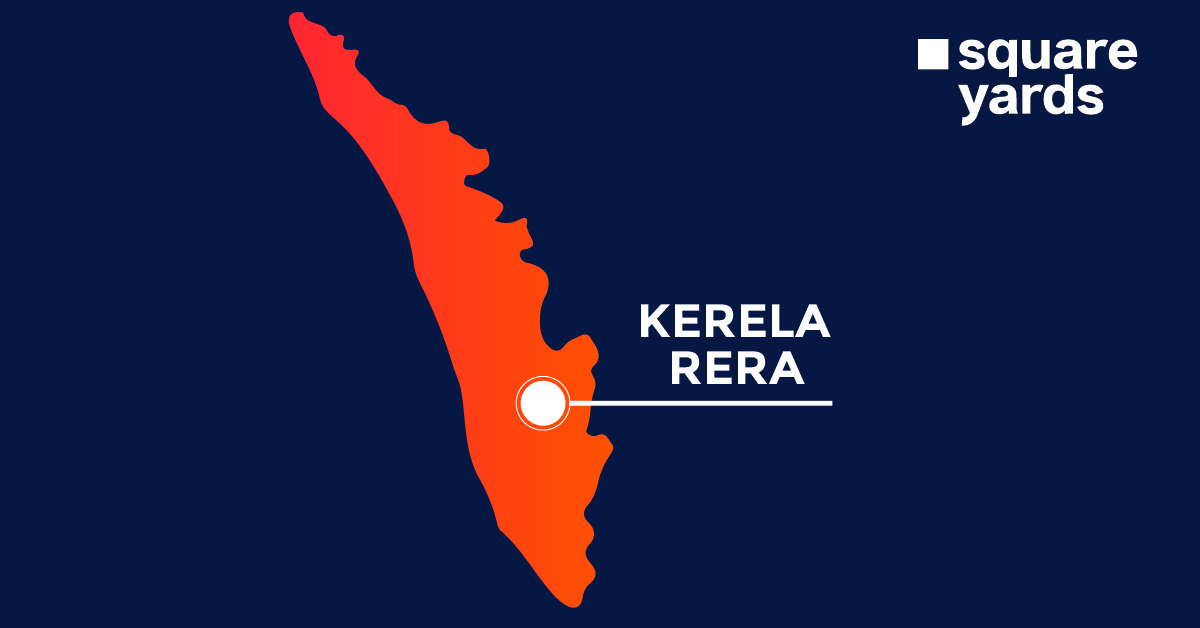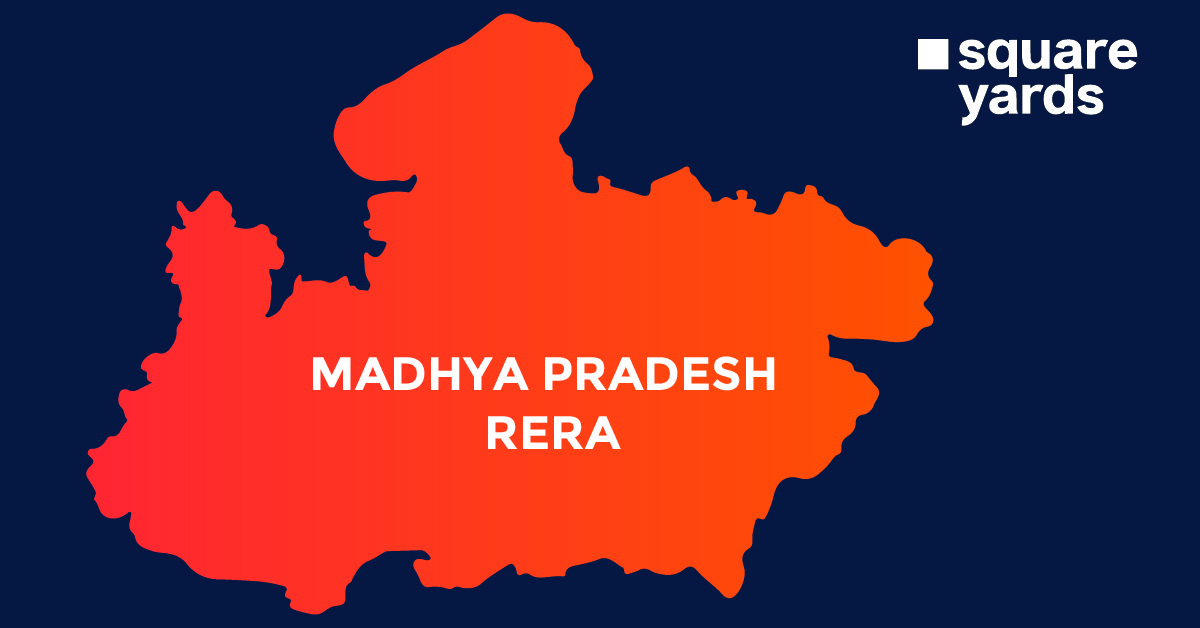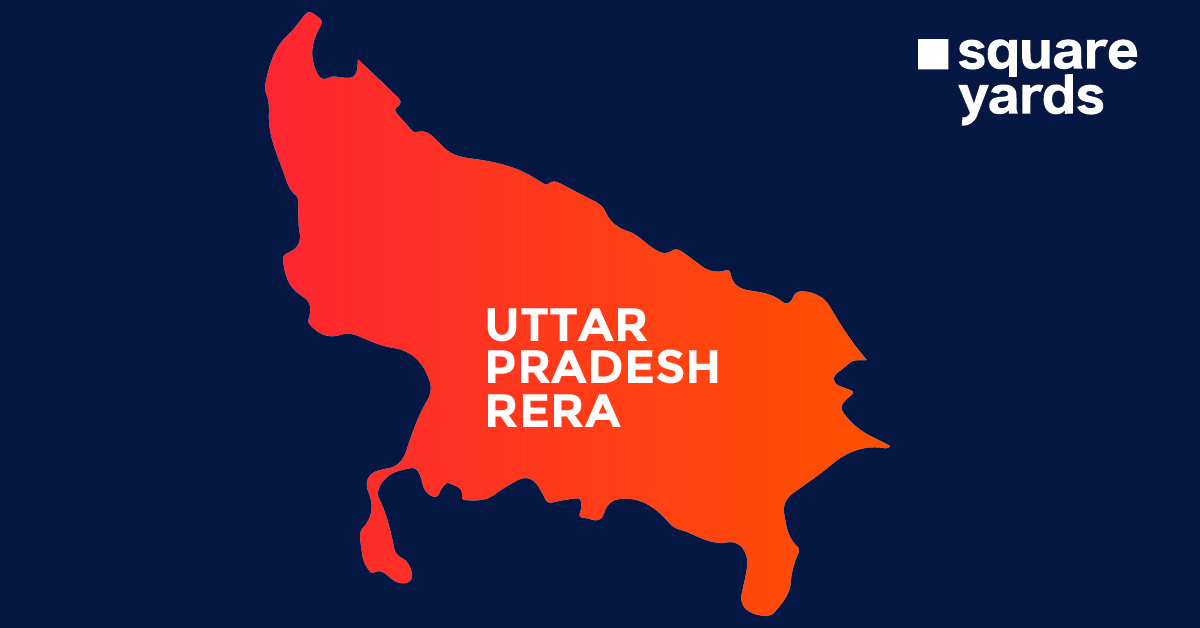Do you know that 1 million = 0.001 billion? Read this blog on how to convert millions into billions and find out how everything related.
Millions and billions are the two natural numbers that you will most probably stumble across in your everyday life. For instance, the market capitalization of XYZ stock touched 800 million; and the Earth was formed some 10 billion years ago, etc. Besides this, these numbers are used at a plethora of other places and ample times. Therefore, it’s crucial that you know of something this popular and of such great importance. Learn how to convert millions to billions and ace every conversion of millions billion trillions like a pro.
Let us start with the definition of Million, Billion and then moving on, we will discuss the conversion process in detail.
What is a Million?
One million or 1,000,000, or also called one thousand thousand, is a natural number which is a successor of 1,000,000,001 and predecessor of 999,999. the term million originated from “Milione”- an Italian word and from “mille” a Latin word plus one- the augmentative suffix.
In British English, Million is often abbreviated as m. It is written as 1 x 106 or 106 in scientific notation.
The definition of the term ‘million’ is prevalent in the long scale as well as the short-scale numbering system, unlike the larger numbers having distinct names in the two systems.
What is a Billion?
1 billion is defined as the natural number represented as 1,000,000,000 and followed by the number 999,999,999. It is the predecessor of the number 1,000,000,001. It is symbolised as b or bn.
In the Indian system, 1 billion is equal to 1 lakh. In geology and Astronomy, one billion years could be known as Eon. Very long ago, the term “billion” was defined as millions millions i.e. 1,000,000,000,000 by the British English. Nevertheless, the meaning of that term has changed now and nowadays, it is known as one thousand million and has been in use for multiple decades.
How to Convert Millions to Billions
The conversion of millions to billions is quite an easy process. Just remember the relationship between these two natural numbers and use it correctly. Although the numbers are bigger, you absolutely don’t need any big mathematical computations but a simple multiplication.
Yes, you heard it right! That’s all. Have a look at the relationship between the millions and billions:
1 million = 0.001 billion, and
1 billion = 1000 million.
So, to convert any number of millions into billions, you have to simply multiply the given value of million by 0.001 billion. The outcome of that calculation would be your actual result.
Formula & Example for Millions to Billions
Now that you are aware of how to convert millions to billions, let’s proceed on to understanding the actual conversion process with the help of an exact formula and a few examples:
Formula:
Million to billions = (Given value of Million) x 0.001 billions.
Let us understand it properly with the help of a few examples:
Example 1: Convert 100 million to billions
Sol: As we know, 1 million = 0.001 billion
Therefore, 100 million = 0.001 x 100 billion
100 million = 0.1 billion.
Example 2: Convert 5000 million to billions
Sol: Since million to billion = provided value of million x 0.001 billion
Therefore, 5000 million = 5000 x 0.001 billion = 5 billion.
5000 million = 5 billion.
Conversion Table of Millions to Billions
| Millions to Billions | Millions to Billions | Millions to Billions |
| 1 million is equal to 0.001 billion | 21 million is equal to 0.021 billion | 300 million is equal to 0.3 billion |
| 2 million is equal to 0.002 billion | 22 million is equal to 0.022 billion | 400 million is equal to 0.4 billion |
| 3 million is equal to 0.003 billion | 23 million is equal to 0.023 billion | 500 million is equal to 0.5 billion |
| 4 million is equal to 0.004 billion | 24 million is equal to 0.024 billion | 600 million is equal to 0.6 billion |
| 5 million is equal to 0.005 billion | 25 million is equal to 0.025 billion | 700 million is equal to 0.7 billion |
| 6 million is equal to 0.006 billion | 26 million is equal to 0.026 billion | 800 million is equal to 0.8 billion |
| 7 million is equal to 0.007 billion | 27 million is equal to 0.027 billion | 900 million is equal to 0.9 billion |
| 8 million is equal to 0.008 billion | 28 million is equal to 0.028 billion | 1000 million is equal to 1 billion |
| 9 million is equal to 0.009 billion | 29 million is equal to 0.029 billion | 1500 million is equal to 1.5 billion |
| 10 million is equal to 0.01 billion | 30 million is equal to 0.03 billion | 2000 million is equal to 2 billion |
| 11 million is equal to 0.011 billion | 35 million is equal to 0.035 billion | 2500 million is equal to 2.5 billion |
| 12 million is equal to 0.012 billion | 40 million is equal to 0.04 billion | 3000 million is equal to 3 billion |
| 13 million is equal to 0.013 billion | 45 million is equal to 0.045 billion | 3500 million is equal to 3.5 billion |
| 14 million is equal to 0.014 billion | 50 million is equal to 0.05 billion | 4000 million is equal to 4 billion |
| 15 million is equal to 0.015 billion | 60 million is equal to 0.06 billion | 5000 million is equal to 5 billion |
| 16 million is equal to 0.016 billion | 70 million is equal to 0.07 billion | 6000 million is equal to 6 billion |
| 17 million is equal to 0.017 billion | 80 million is equal to 0.08 billion | 7000 million is equal to 7 billion |
| 18 million is equal to 0.018 billion | 90 million is equal to 0.09 billion | 8000 million is equal to 8 billion |
| 19 million is equal to 0.019 billion | 100 million is equal to 0.1 billion | 9000 million is equal to 9 billion |
| 20 million is equal to 0.02 billion | 200 million is equal to 0.2 billion | 10000 million is equal to 10 billion |
How many Zeroes are There in a Million?
1 million is represented as 1,000,000. So, as you can notice from the aforementioned, 1 million consists of 6 zeroes in total.
Difference between Millions and Billions
Millions and billions are natural numbers but with different place values. A billion is bigger than a million and hence, has more zeroes than the million. Apart from this, both these natural numbers are distinct from each other in multiple ways. Some of the most significant differences between the two are as follows:
|
Basis of Comparison |
Millions |
Billions |
|
Number of Zeroes |
The value of 1 million is 1,000,000. So, the number of zeroes in one million is 6. |
1 billion is equal to 1,000,000,000. Therefore, the number of zeroes in one billion is 9. |
|
Size |
Since a million possesses fewer zeroes than one million, it is smaller in size than the million. |
Since a billion possesses more zeroes than one million, it is greater in size than the million. |
|
Formula |
1 million = 0.001 billion |
1 billion = 1000 million |
|
Succeeding Number |
1,000,001 |
1,000,000,001 |
|
Preceding Number |
999,999 |
999,999,999 |
|
Use |
Millions are mostly used for measuring funds, stock prices, the company’s annual income, etc. |
Billions are usually employed to measure the earth’s history, bigger companies’ market capitalization, and more |
|
Origin |
The term million originated from “Milione”- an Italian word and from “mille” a Latin word plus the augmentative suffix-one. |
The term billion was born from the combination of two French words bi (which means two) and illion which means a million million. |
Number of Zeroes
The value of 1 million is 1,000,000. So, the number of zeroes in one million is 6. On the other hand, 1 billion is equal to 1,000,000,000. Therefore, the number of zeroes in one billion is 9.
Size
Since a billion possesses more zeroes than one million, it is greater in size than the million.
Formula
1 billion = 1000 million, and 1 million = 0.001 billion.
Succeeding and Preceding Numbers
1 million is the successor of the natural number 999,999 and predecessor of 1,000,001. On the contrary, the number 1 billion is following 999,999,999 and succeeding 1,000,000,001.
Use
While millions are mostly used for measuring funds, stock prices, company’s annual income, etc. billions are usually employed to measure the earth’s history, bigger companies’ market capitalization, and more.
Origin
The term billion was born from the combination of two French words bi (which means two) and illion which means a million million. Whereas the term million originated from “Milione”- an Italian word and from “mille” a Latin word plus the augmentative suffix-one.
You Might Also Like
Frequently Asked Questions (FAQ)
How many millions are 1 billion?
1 billion = 1,000,000,000 and 1 million = 1,000,000. Therefore, from the above relation, it’s clear that 1000 Million = 1 Billion i.e. one thousand million is equal to 1 billion.
How do you convert millions into billions?
We know that 1 million = 0.001 billion.
Therefore, to convert millions into billions, you simply need to multiply the given value of million by 0.001 billion.
For example: Convert 1000 million to billion
Since 1 million = 0.001 billion
Therefore, 1000 million = 1000 x 0.001 billion = 1 billion.
i.e. 1000 million = 1 billion.
Hence, 1000 million is equal to 1 billion.
How many millions is 2 billion?
Since 1 billion = 1000 millions.
Therefore, 2 billion = 2 x 1000 millions = 2000 million.
i.e. 2 billion = 2000 million.
Hence, 2 billion is equal to 2000 million.
How many millions is 300 billion?
We know that 1 billion = 1000 million.
Therefore, 300 billion = 300 x 1000 million
i.e. 300 billion = 300,000 million.
































